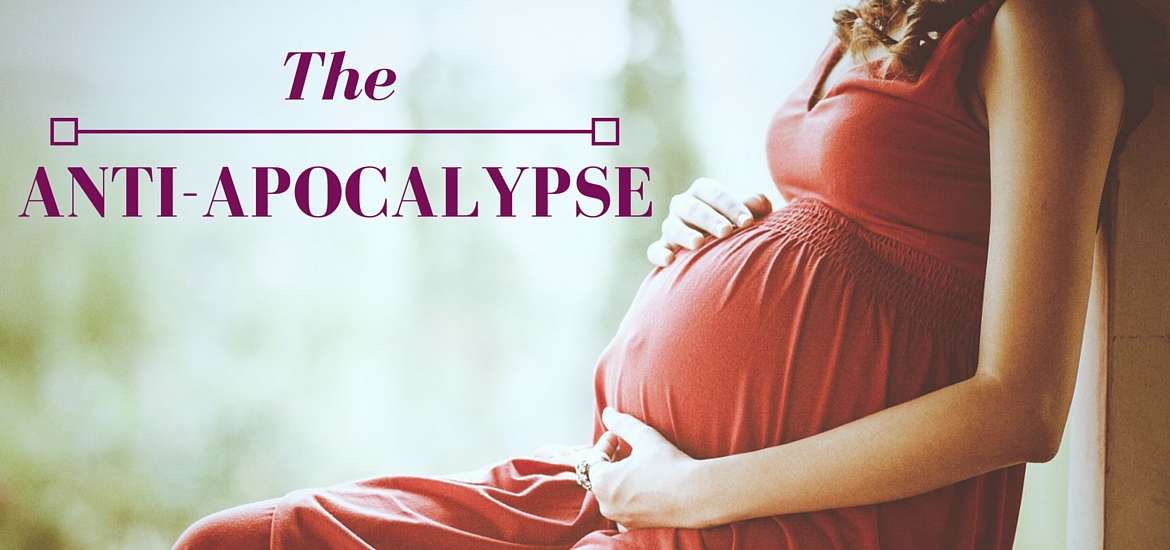Reflections on Mark 13:1-8, delivered at Our Lady of Guadalupe Episcopal Church.
*******
There seems to be something hard-wired into humans that makes us want to know what the future holds. We wonder about the future in ways that are small and individual, and in ways that are large, global, and cosmic . Perhaps this morning you wondered if you should bring a raincoat; perhaps you worried if the mountains will regain their snow pack. Perhaps you wonder if you’ll be healed of physical ailment, even if it’s just wondering when you’ll get over a cold. Perhaps you wonder if you’ll get a callback for a job you applied for. Perhaps you worry how the presidential race will end.
In our gospel passage this morning, Jesus addresses the most major of our concerns about the future: Will the world end? What meaning are we to derive from the abundance of wars and violence, such as this week’s attacks in Beirut and Paris? Do hurricanes and climate changes and earthquakes like the recent one in Japan point to the end of the world?
Jesus seems to understand that we’ll take these complex problems and painful catastrophes to be signs of the worst thing possible, signs of the literal end of the world. And Jesus is firm in his answer to our wonderings if these happenings are the end. Jesus says: No. No, wars are not the end; they are the result of earthly rulers, not the will of the Divine Creator of the Universe. No, natural disasters are not a sign of God’s punishment. No, famines are never God’s desire. No, this is not the end of the story.
Rather, Jesus tells us that these problems are early birth pains — the sign of new life; the sign that something new to that is struggling to be born; the sign of the Nation of God struggling to become reality. And perhaps we are to respond to these early birth pains in the same way we would respond to a woman entering labor: by offering comfort and assistance, to the best of our abilities, while anticipating the new life that is to come.
Our presence may not end wars, but we will faithfully witness the suffering as we actively work for peace. Our faith may not end natural disasters, but it will prompt us to respond in tangible ways for those in need. Our hope may not eradicate all famines, but it could feed the empty stomach of the hungry in our midst.
Jesus lists some of the worst possible things that could happen — and is certain that they are not the end of the story. Jesus is certain they are the beginning of a new reality. So keep going. Keep engaging. Keep advocating and interfering and helping and anticipating and responding. When it feels like the end of the world, remember: there is hope.

